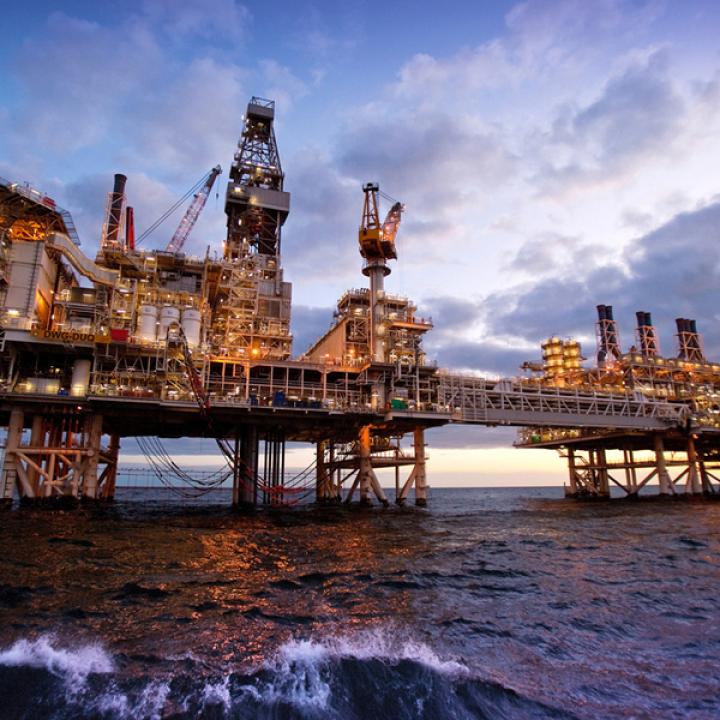

Today's draft agreement will have to withstand domestic and foreign pressure on Amman.
The announcement of a planned energy deal between Israel and Jordan will be followed by several stages of negotiation, and it will be several years before the first gas reaches Jordan. The "nonbinding letter of intent" envisages the supply of gas from Israel's Leviathan field, which lies deep under the seabed eighty miles off the coast of Haifa. The gas will be supplied to Jordan's main electricity-generating body, the National Electric Power Company (NEPCO). Over the fifteen-year proposed span of the contract, 1.6 trillion cubic feet will be supplied, equating to around 3 billion cubic meters a year. This is probably sufficient for most of Jordan's electricity-generation requirements.
Reported as being worth $15 billion (though $8 billion seems a more likely figure, given current prices for natural gas), the deal is much larger and certainly more significant than an agreement announced in February for Israel to supply $500 million worth of gas to two Jordanian industrial plants near the Dead Sea. That gas will come from Israel's Tamar offshore field, which began production last year. Noble Energy, the U.S. natural gas company that leads the consortium planning to develop the Leviathan field, which will not come onstream until 2017, says the price for NEPCO's gas will be "based primarily on a linkage to [international] oil prices and is dependent on negotiation of a binding agreement." A new pipeline will also need to be constructed.
The putative deal offers additional good news for the export prospects for Israeli gas. A more significant quantity of Leviathan gas is planned to be pumped to an underutilized liquefied natural gas (LNG) plant in Egypt's Nile Delta, from where it can be shipped anywhere in the world, including Asia, where prices are much higher.
For its part, Jordan currently relies on expensive fuel oil to generate electricity. The importation of natural gas from Egypt has become erratic because of pipeline sabotage, and seems unlikely to resume even if chronic Islamist terrorism in the Sinai is eventually contained. Jordan's Arab allies will probably oppose the deal with Israel and have already offered to build an LNG import facility at the Red Sea port of Aqaba.
The biggest challenge for Jordan's King Abdullah, though, will likely be managing domestic political opposition to the deal. The majority of Jordan's population is of Palestinian origin, and the close bilateral relationship with Israel is not popular. Ever since the 1994 Israel-Jordan peace agreement, professional syndicates in Jordan have backed a so-called "antinormalization" campaign, boycotting products -- including water -- from Israel. In the aftermath of the war in Gaza, this campaign has only intensified.
Unlike the earlier $500 million deal -- which involved Noble Energy and two corporations owned by Arab and Jordanian investors -- this agreement provides the palace with little political cover, and the opposition will all but certainly exploit the agreement to attack the king. The Committee for Protecting the Nation and Syndicates Resisting Normalization described the last agreement as a "crime" and called for protests to reverse it.
Given the rather desperate economic conditions in the kingdom, however -- the prime minister recently described the economy as being in "its worst situation in history" -- the deal with Israel could not come at a better time. Since 2011, rising energy costs have been the prime driver in the kingdom's fiscal deficit. In addition, the agreement -- which has U.S. State Department backing -- should obviate Amman's determined but ill-advised plans to move ahead with the construction of two nuclear power plants.
Politically, the deal will have a steep cost for the palace, but it should also provide some welcome budget relief and longer-term energy security for the kingdom.
Simon Henderson is the Baker Fellow and director of the Gulf and Energy Policy Program at The Washington Institute. David Schenker is the Institute's Aufzien Fellow and director of its Program on Arab Politics.




